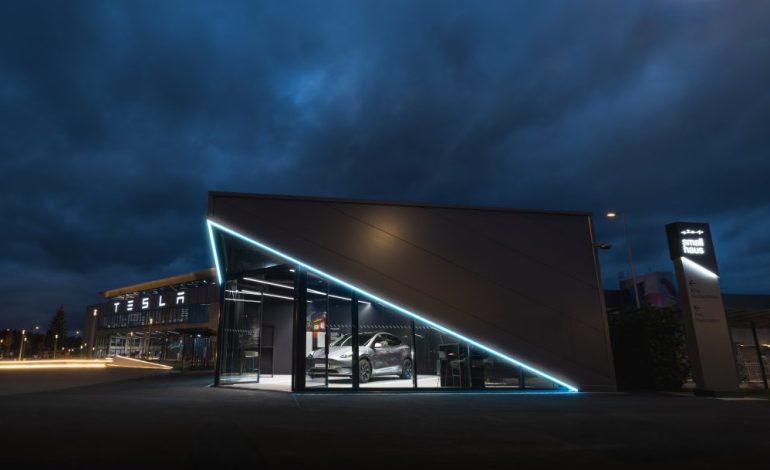Overview
More major companies are considering leaving Delaware as their legal base, following Tesla’s high-profile move. This shift, being called “Dexit,” reflects growing concerns over unpredictable court decisions in Delaware that could affect corporate control and legal certainty.
Why Are Companies Leaving?
In total, five companies with market values over $1 billion have already moved out of Delaware. Another nine companies may vote soon to relocate their legal headquarters. The main reason: increasing legal risks tied to how Delaware courts handle issues involving controlling shareholders.
This wave began after a Delaware judge canceled Elon Musk’s $56 billion Tesla pay package in a major court ruling. Right after that decision, Musk posted on X (formerly Twitter):
“Never incorporate your company in the state of Delaware.”
Since then, Tesla and SpaceX have moved to Texas. Musk has not commented publicly beyond that post.
Other Big Departures
Some major companies that have already moved out of Delaware include:
- Trump Media & Technology Group, now in Florida
- Dropbox, The Trade Desk, and Cannae Holdings, now in Nevada
Most of these businesses have large, single shareholders or founder control, making them more vulnerable to Delaware’s tightening legal stance on such setups.
Upcoming Votes to Leave Delaware
Several other companies are preparing shareholder votes to leave Delaware:
- Simon Property Group wants to shift to Indiana
- Roblox plans to move to Nevada, citing clearer legal frameworks
Unlike others, Simon does not have a controlling shareholder, showing that concern over Delaware’s court rulings goes beyond founder-led firms.
Delaware Responds to Corporate Exodus
Delaware relies heavily on revenue from incorporating companies — about one-third of its state budget. Worried about losing more companies, Delaware passed new laws in March to:
- Limit judges’ power over certain deals
- Restrict “books and records” requests used by shareholders to dig into internal emails and decisions
Still, legal experts say Delaware remains strict on transactions involving insiders or controlling shareholders, demanding that such deals be proven fair unless approved by independent directors or a majority of shareholders.
Nevada and Texas Gain Popularity
Other states, especially Nevada and Texas, are becoming attractive options due to looser legal standards. For example:
- In Nevada, the law protects directors under the “business judgment rule”, making it harder for shareholders to sue even in cases of self-dealing — unless there’s outright fraud.
- Texas is passing new laws to reduce lawsuits by setting minimum shareholding limits to sue. The plaintiff in Musk’s case owned just nine shares when he filed the lawsuit.
Will More Companies Follow?
Archer Aviation, a Delaware-based aircraft company, is considering moving to Texas. Its legal chief said the Tesla ruling showed Delaware judges have become “activist” by changing long-settled laws.
“That’s what makes people nervous,” he explained.
Despite Delaware still being the top home for corporations, the first signs of a shift are appearing. In 2024, more companies left the state than joined — a first in many years.
Conclusion
The “Dexit” trend reflects a new chapter in corporate law. While Delaware still hosts the majority of public companies, its reputation for legal stability is being questioned. With Texas and Nevada offering friendlier legal environments, more firms may choose to leave the state that once defined Corporate America.






